If you’re considering buying a hybrid car, one of the most pressing questions on your mind is likely to be, “Do hybrid cars cost more to maintain?” It’s a valid concern because while hybrid vehicles are known for their fuel efficiency and eco-friendliness, they do come with a higher price tag than their gasoline counterparts. But does that higher upfront cost translate to higher maintenance costs over the long run? In this blog post, we’ll explore all you need to know about hybrid car maintenance costs and compare them with gasoline vehicles. From hybrid car repair costs and battery replacement costs to oil change and tire replacement expenses, we’ll cover it all to help you make an informed decision. So, let’s dive in and find out whether hybrid cars are more expensive to maintain.
Understanding Hybrid Car Maintenance Costs: A Comprehensive Guide
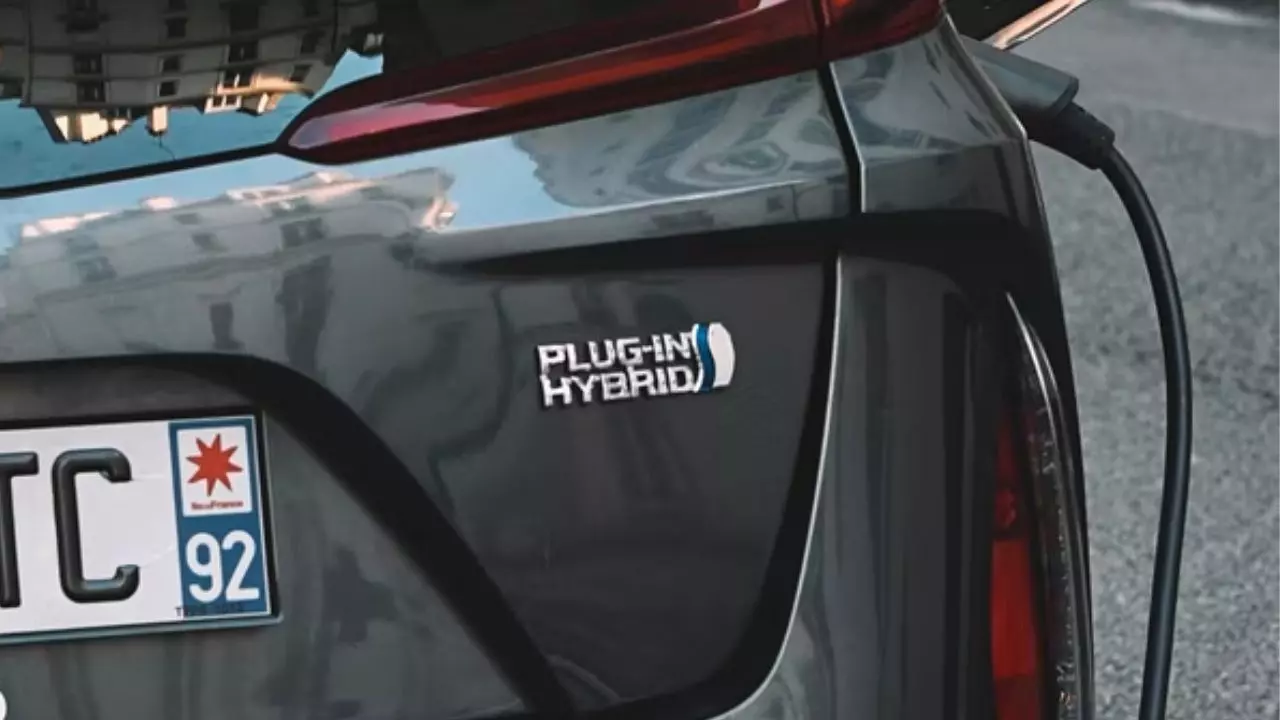
Hybrid cars have gained immense popularity due to their improved fuel efficiency and lower emissions. However, one common concern that many people have is whether hybrid cars cost more to maintain than gasoline-powered cars. In this guide, we will take a closer look at hybrid car maintenance costs to help you understand what to expect.
Hybrid Cars: Different Types
There are several types of hybrid cars, including parallel, series, micro, mild, full, and plug-in hybrids. Parallel hybrids use either the gas engine or the electric motor alone to drive the wheels, or both can work in unison. Series hybrids use only the electric motor to drive the wheels, and the gas engine works mainly as a generator to provide electricity once the battery is depleted. Micro and mild hybrids incorporate some level of electrification, while full combinations run on electricity for a limited time at low speeds and gentle throttle. Plug-in hybrids can be charged from the wall to work as electric cars sometimes, and they can be either parallel or series hybrids.
Hybrid Cars: Maintenance Requirements
While hybrid cars offer improved fuel efficiency and lower emissions, they still require regular maintenance like any other car. You’ll still be driving a gasoline engine, which means that traditional maintenance requirements like changing the oil and replacing the timing belt are still necessary. Hybrid cars require more frequent coolant checks due to the additional heat caused by the battery pack.
Maintaining your electric motor is essential for your hybrid car’s longevity. Although the moving parts in the electric motor are minimal, proactive maintenance is crucial to ensure your vehicle’s longevity and lower costs for you.
Hybrid Car Battery Replacement
The typical hybrid battery doesn’t need replacing until it passes the 150,000-mile mark. This is significantly longer than the battery in a gasoline-powered car. Although hybrid batteries are expensive, they are also more durable and last longer than regular car batteries.
Hybrid Car Oil Change
Hybrid cars require oil changes at regular intervals, just like any other car. The number of miles to wait between oil changes varies with the specific model, but changing the oil every 5,000 to 7,000 miles is typical for synthetic oil. Conventional oil may need to be changed every 3,000 miles. On average, oil changes for hybrid cars cost around $20 to $40 for conventional oil and $40 to $70 for synthetic oil.
Hybrid Car Tire Replacement
Hybrid cars require tire replacement like any other car. However, due to their design, hybrid cars often require specific tires that can be more expensive than regular tires. Ensure you follow the manufacturer’s guidelines when it comes to tire replacement and have your tires checked and rotated regularly.
Hybrid Car Maintenance Schedule
Following the manufacturer’s maintenance schedule is essential for hybrid cars. A typical maintenance schedule for a hybrid car may include oil changes, brake system checks, tire rotation, and coolant flushes. It’s important to rely on an experienced technician to maintain your hybrid car and follow the manufacturer’s recommended maintenance schedule.
Average Cost of Maintaining a Hybrid Car
The average cost of maintaining a hybrid car can vary depending on the specific make and model, but they are generally comparable to regular cars. Regular maintenance like oil changes, tire replacement, and brake system checks are necessary for hybrid cars, just like any other car. However, with their improved fuel efficiency, hybrid cars can save you money on fuel costs in the long run.
Comparing Hybrid vs Gasoline Maintenance Costs: Which One is More Expensive?
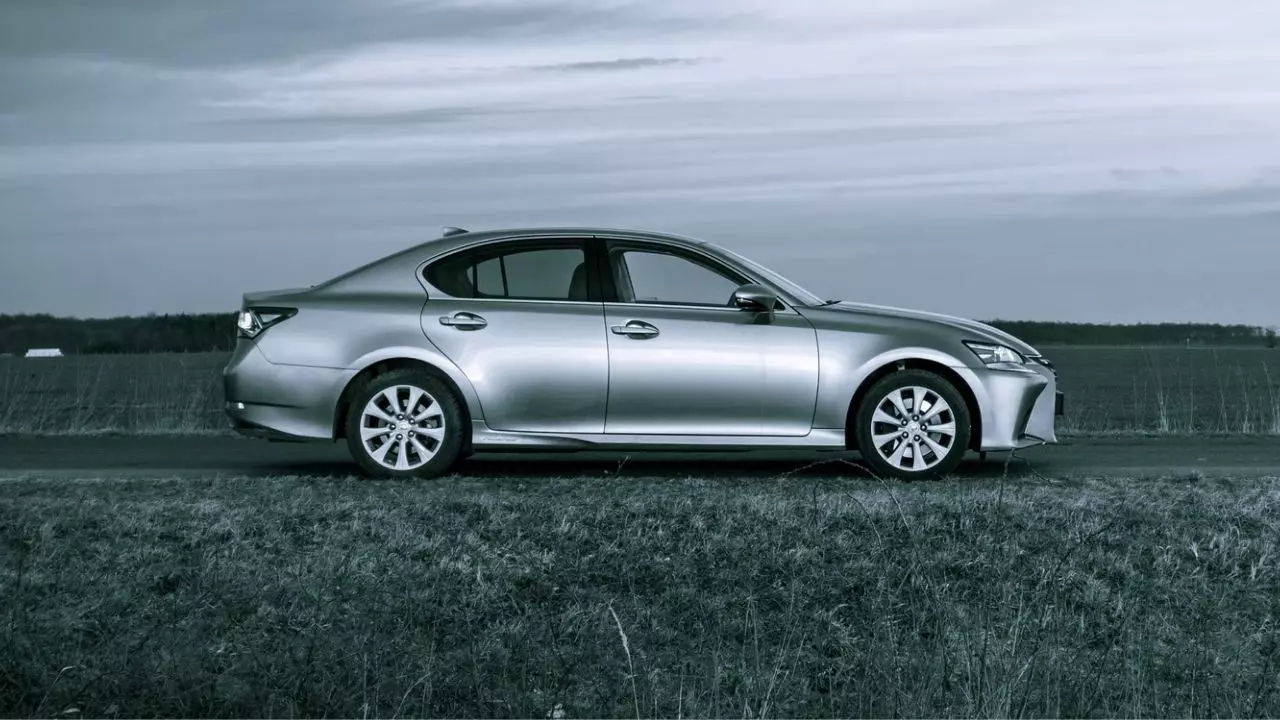
When it comes to owning a car, one of the most important factors to consider is the maintenance costs. In this section, we will compare the maintenance costs of hybrid and gasoline cars to help you make an informed decision.
Do hybrid cars cost more to maintain? The short answer is no. Hybrid cars have fewer maintenance costs compared to gasoline cars. Here’s why:
- First, hybrid vehicles have power assistance from an electric motor, which means they burn less gasoline than conventional cars. This results in fewer trips to the gas pump and less wear and tear on the engine.
- Second, insurance companies often offer discounts for hybrid car owners. For example, Traveler’s Insurance has a special division for issuing hybrid car insurance, which could save you money in the long run.
- Third, if you drive slowly around town, you won’t be using your gas engine as much, which means you’re less likely to experience engine problems that require costly repairs or maintenance.
- However, it’s important to note that hybrid cars have a higher purchase price compared to gasoline cars. While you may save money on gas with a hybrid car, you’ll need to pay thousands of dollars more upfront.
If you’re someone who frequently drives on the highway, a hybrid car may not be the best option for you. At faster speeds, hybrid cars still rely on gasoline engines, which means you’ll consume more gas and spend more money.
In terms of repairs, hybrid cars should not have any mechanical problems for a long time. However, once problems do start, it can be very expensive to fix them if you don’t have an extended warranty. On the other hand, internal combustion engines in gasoline cars require regular maintenance to stay functional, which means you’ll frequently need to make repairs and pay for maintenance costs.
The Truth About Hybrid Car Repair Costs: What You Need to Know
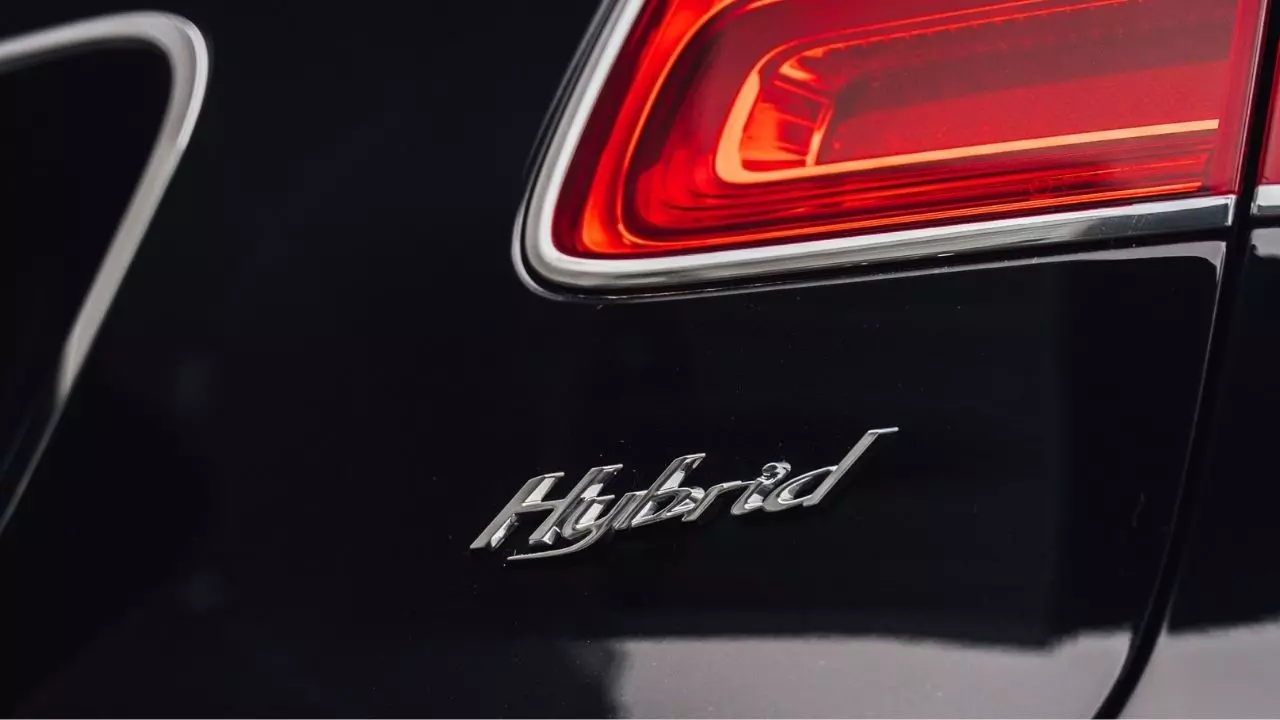
If you’re considering buying a hybrid car, you may be wondering whether it’s going to cost you more in maintenance and repair costs compared to a conventional gasoline-fueled car. The answer is no, not really. Routine maintenance and minor repairs on a hybrid car are generally no higher than on a regular car, and may even be lower.
One of the biggest advantages of owning a hybrid car is its lower annual maintenance cost. According to a recent study by the United States Department of Energy, hybrid vehicles cost around 9 cents per mile to maintain, while gas-powered cars cost 10 cents per mile on average. Electric cars cost even less, at around 6 cents per mile to maintain.
Although the upfront cost of buying a hybrid car may be higher than that of a similar-sized gasoline-fueled car, the difference in the cost of ownership can be made up by the savings in gas and maintenance costs over time. Additionally, as more and more mechanics are trained and willing to work on hybrids, the cost of routine maintenance and repairs is likely to decrease even further.
It’s worth noting that if something goes wrong with the car’s hybrid system after its warranty has expired, the cost of repairs could be significant. However, this is not a common occurrence, and most hybrid cars are built to last.
Hybrid cars share many regular maintenance tasks with gas-powered cars, including oil changes, fluid changes, battery replacements, tire replacements, and replacing filters, spark plugs, and belts. The biggest savings point between hybrid engines and gasoline engines is the annual maintenance costs related to brake changes. The brakes on plug-in hybrid vehicles need to be replaced far less frequently, thanks to regenerative braking technology that recovers energy lost during braking.
Breaking Down the Hybrid Car Battery Replacement Cost: How Much Should You Expect to Pay?
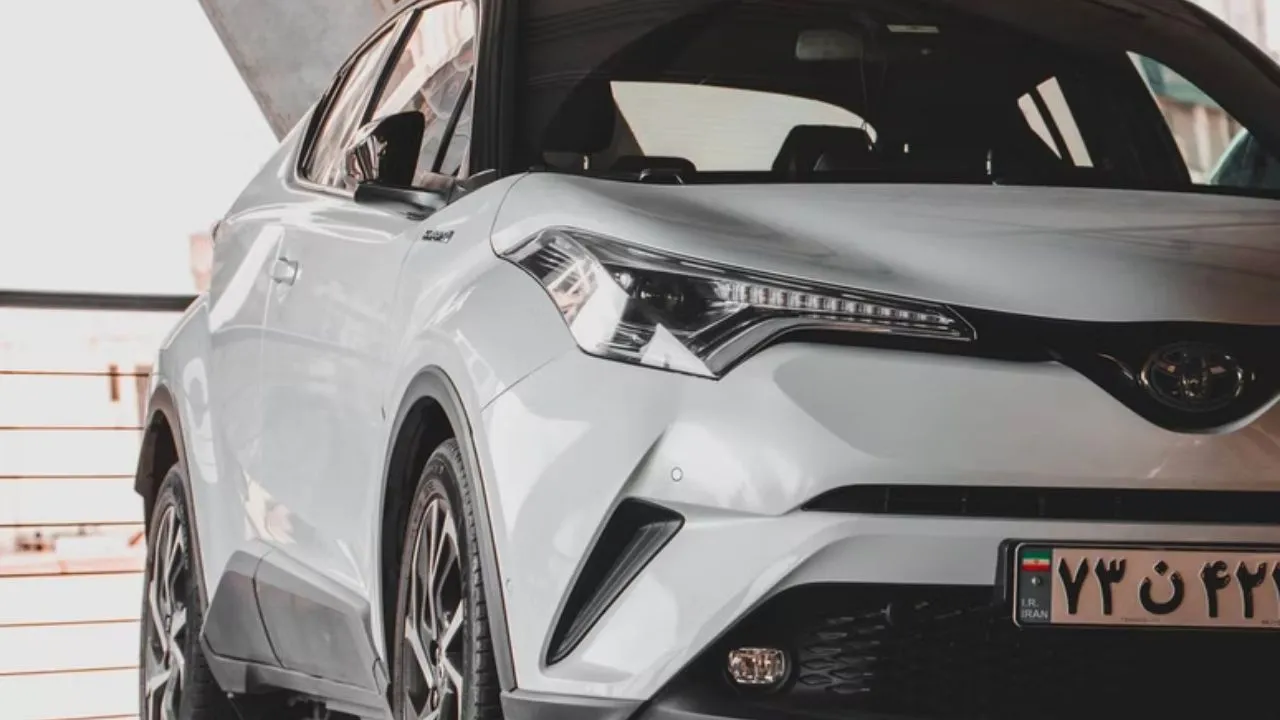
Hybrid cars are known for their efficiency and environmental friendliness. However, one concern that often comes up is how much it costs to maintain a hybrid car. In this part, we’ll take a closer look at the hybrid car battery replacement cost and what you can expect to pay.
Hybrid car batteries can last up to 150,000 miles or 15 years, depending on which comes first. However, this is just an average figure, and not all hybrid vehicles will last that long. Regular maintenance, such as keeping up with the hybrid car maintenance schedule and ensuring the vehicle has a complete service history, can help ensure your hybrid car lasts as long as possible.
While a hybrid car battery replacement can be up to $8,000, it’s important to note that most drivers sell their vehicle before their battery needs to be replaced. Additionally, extreme temperatures, whether hot or cold, can shorten the lifespan of the battery. If you notice anything abnormal with your battery, such as warning signs from the car’s system, it’s important to have it checked by a professional.
If you’re looking to save money on a hybrid car battery replacement, there are a few options available. Rebuilt hybrid batteries are a cheaper alternative to new batteries, although they don’t always provide the same performance and may not come with a warranty. The cost of a rebuilt hybrid battery varies depending on where you buy it and the model of the battery, but you can generally expect to save a few hundred, if not a thousand, dollars overall.
Hybrid Car Oil Change Cost: Is it Higher or Lower Than Gasoline Vehicles?
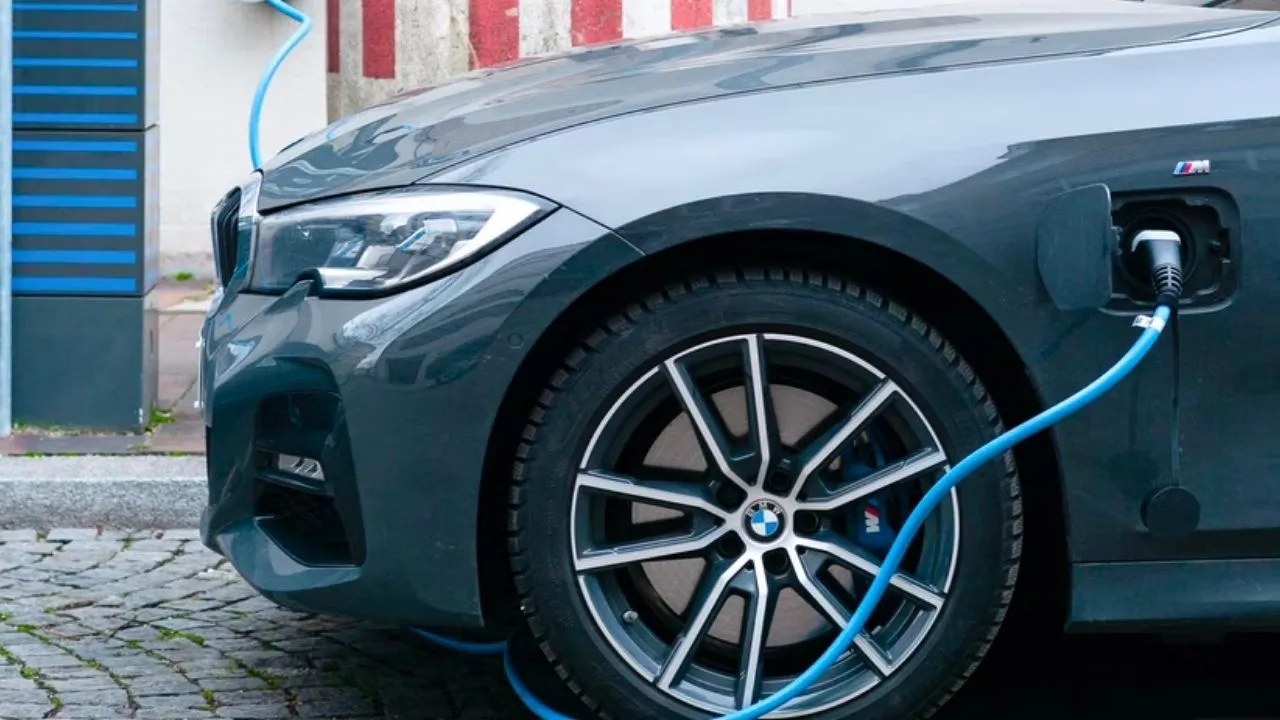
One common question that hybrid car owners have is whether their vehicle’s maintenance cost is higher or lower than that of gasoline cars. When it comes to oil changes, the answer is that the cost is generally the same. Hybrid cars have combustion engine just like gasoline vehicles, which means they require regular oil changes to maintain their performance and prolong the lifespan of their engine.
While the oil change intervals for hybrid cars are similar to standard vehicles, there are a few factors that can affect the cost of the oil change. The cost will depend on where you go and what type of oil you use. If you go to a dealership and choose synthetic oil, you may end up paying more than necessary. Choosing an independent mechanic like Christian’s Automotive can save you money without sacrificing quality.
Another thing to keep in mind is that hybrid car typically require less frequent oil changes than gasoline vehicles due to their fuel-efficient design. Car manufacturers usually recommend changing the oil every 10,000 miles, but if you drive short distances and use your car sparingly, you may be able to stretch the interval to once a year.
Hybrid Car Tire Replacement Cost: What You Need to Budget For
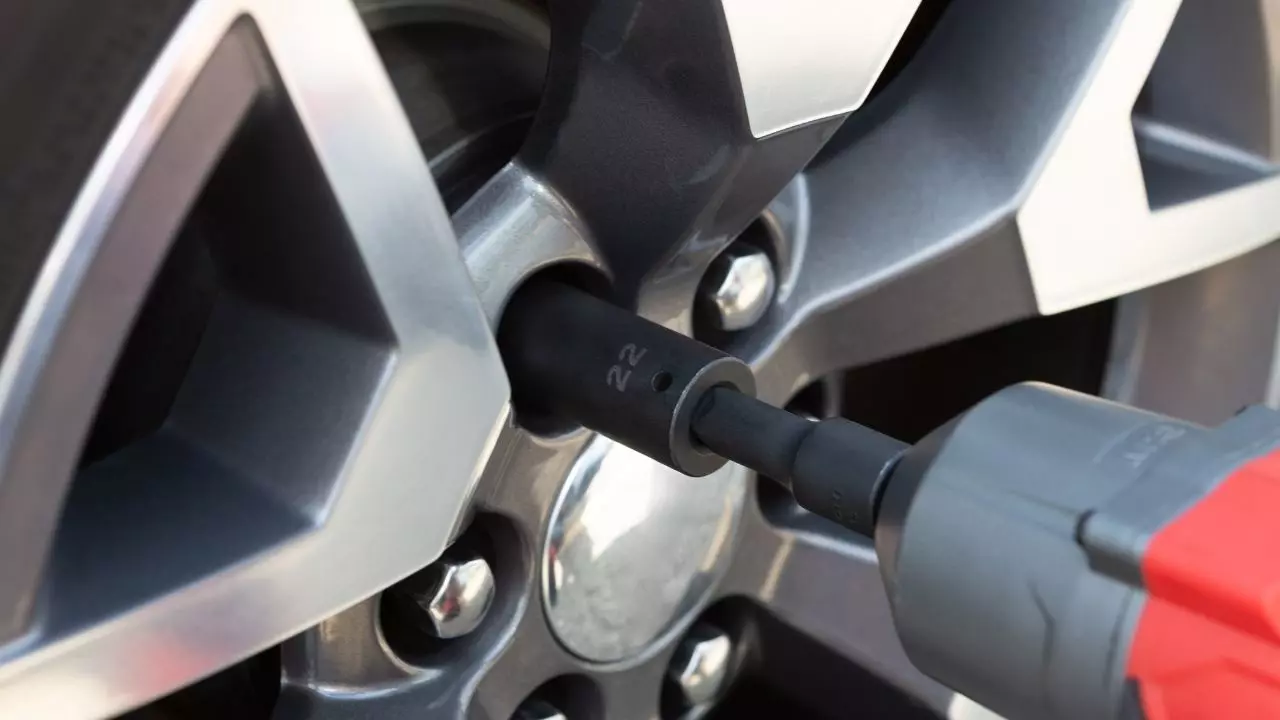
If you’re wondering if hybrid cars cost more to maintain than traditional cars, you’re not alone. Hybrid cars are a relatively new technology, and people are still getting used to the idea of maintaining them. One area that you may not have considered is the cost of tire replacement for your hybrid car.
According to a recent survey, the average cost for a hybrid car tire replacement is $167 per tire, which is significantly higher than the median price of $148 in 2018. Additionally, the cost of installation has also increased to $24 per tire. However, it’s important to note that the price of tires can vary widely based on several factors such as size, performance, speed rating, and retailer within each vehicle class.
While price isn’t always an indicator of tire quality, it’s important to choose high-quality tires for your hybrid car that can last longer, typically between 30,000-50,000 miles. Well-known brands such as Michelin, Continental, and Pirelli make high-quality tires that are suitable for hybrid cars. However, it’s crucial to keep in mind that hybrid and EV cars are heavier than traditional cars due to the extra weight of their electric batteries. Therefore, conventional tires may wear out too quickly under a load of hybrid-engine cars.
It’s important to buy tires from a special tire store that caters to hybrid cars, rather than a regular tire store. That’s because hybrid tires are different from those of traditional cars, and they’re specifically designed to handle the extra weight and power demands of hybrid engines.
Following the Hybrid Car Maintenance Schedule: Tips for Keeping Your Vehicle Running Smoothly
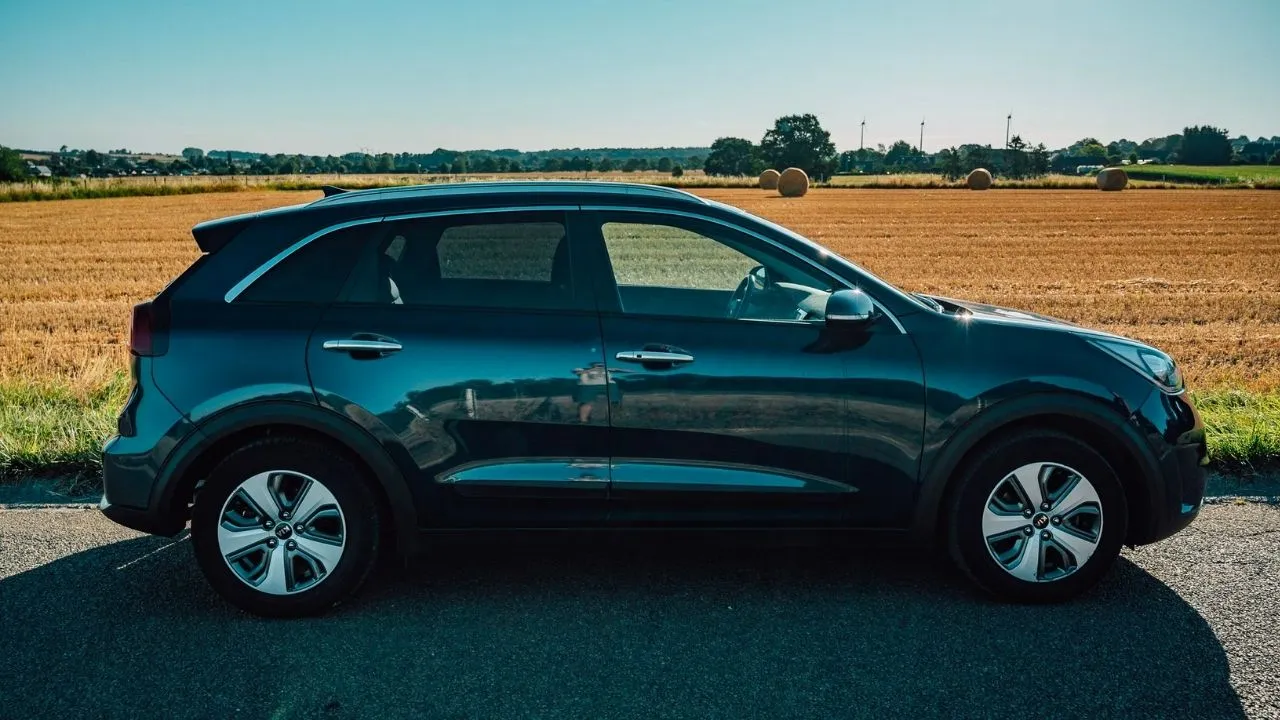
Hybrid cars offer many benefits, such as improved fuel efficiency, lower emissions, and better performance, but they require proper maintenance to keep running smoothly. One question that many people ask is, “do hybrid cars cost more to maintain?” The answer is that hybrid car maintenance costs can vary, but in general, they are not more expensive to maintain than traditional gasoline vehicles.
To keep your hybrid car running smoothly, it is essential to follow the maintenance schedule recommended by the manufacturer. This schedule will include regular checkups for your car’s engine, brakes, tires, and battery. Proper tire maintenance is crucial for your hybrid car, as good tire pressure is necessary for optimal performance. Underinflated or overinflated tires can compromise your car’s performance, so it is essential to keep them at the correct pressure.
Just like traditional cars, hybrid vehicles require routine engine checks. The hybrid car runs on both fuel and electricity, which means that the engine is likely to wear at a slower rate than traditional cars. However, checking your engine regularly is essential to avoid expensive repairs. Ignoring warning lights can lead to breakdowns and costly repairs, so it is important to have your engine checked as soon as possible when the warning lights come on.
The battery is a critical component of your hybrid car’s performance. Understanding how the battery works and taking care of it properly is crucial. During cold weather, the battery requires additional care, as it may get cold and need warming up before driving out. Additionally, it is important to ensure that the battery does not completely drain out before recharging, as it may go cold. Regular maintenance is crucial to ensure that the battery performs optimally.
Brakes are also an essential component of your hybrid car, and they should be replaced after every 20,000 miles, but they may not need replacement until 40,000 miles. Having them checked regularly will ensure that they do not wear out too fast. Hybrid vehicles have sophisticated electrical wiring systems that are more complex than regular ICE vehicles, so it is essential to ensure that your mechanic is well-trained, experienced, and equipped with the skills to handle your hybrid car.
Are Hybrid Vehicles More Expensive to Maintain? Let’s Find Out
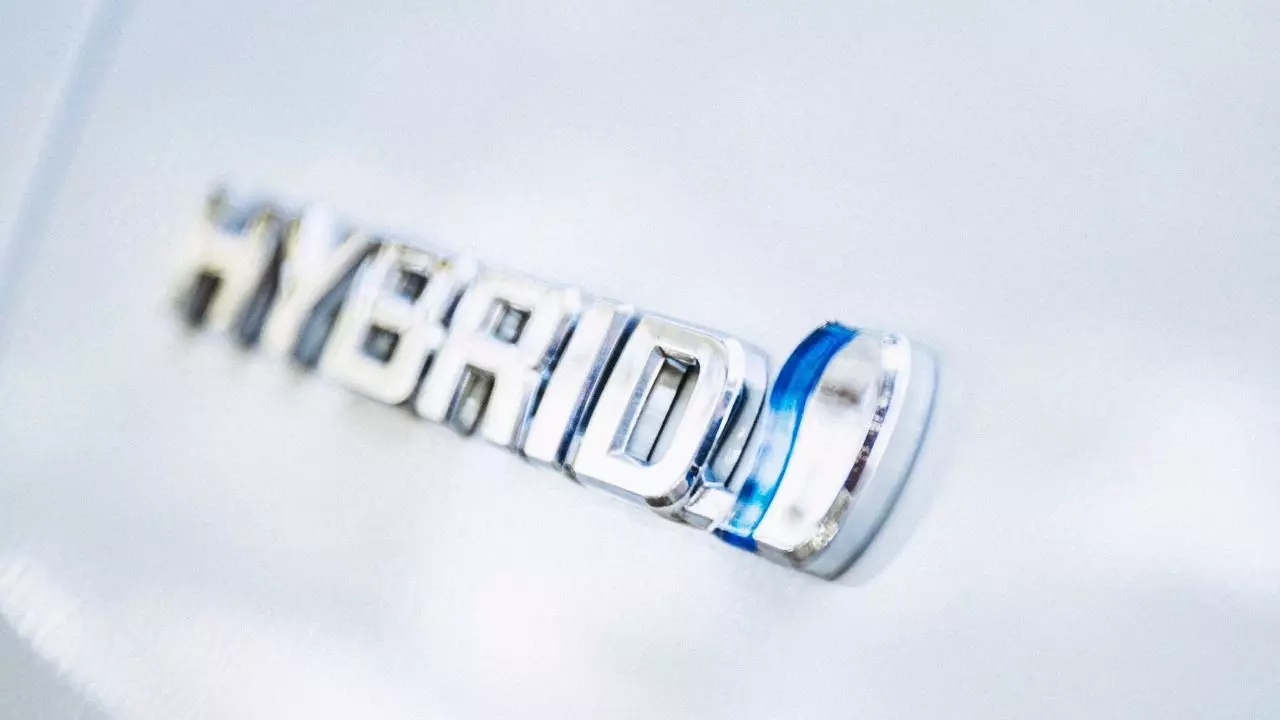
Hybrid vehicles have become increasingly popular in recent years as people strive to be more environmentally conscious. However, one question that people often ask is whether hybrid cars are more expensive to maintain than traditional gasoline cars. In this section, we will explore the answer to this question and consider some factors that may influence the cost of hybrid car maintenance.
Do Hybrid Cars Cost More to Maintain?
While hybrid cars are generally reliable, it is important to note that they may require more maintenance than traditional gasoline cars. This is because hybrid engines are more advanced and contain electronic elements that require specialized knowledge to repair. For example, hybrid engines produce a lot of heat, which necessitates a separate cooling system to prevent overheating. The battery control unit also regulates the charge reserve condition and discharge and charge ratios, which requires both heating and cooling systems for flawless operation in all conditions.
Additionally, hybrid engines are high-voltage systems that operate at about 100 volts or more, whereas traditional cars operate at about 12 volts. As such, repairing or maintaining a hybrid car requires specific safety precautions to avoid electrical shock, which can be fatal at just 50-volts. Therefore, it is important to seek the services of a qualified technician who has the experience and know-how to identify signs of wear and replace clamps, hoses, filters, and pipes to prevent severe damage or breakdowns.
Hybrid vs. Gasoline Maintenance Costs
Even though hybrid cars may require more maintenance than traditional gasoline cars, they may still cost less in the long run. This is because hybrid engines put less strain on the gasoline engine and brake pads, thanks to the regenerative braking system. This means that the maintenance required for hybrid cars may be limited to changing oil and tires, without the need for significant repairs or replacements of engine parts, shocks, pads, wiper blades, or air filters.
The cost of maintaining a hybrid car may vary depending on the make and model of the vehicle, as well as the specific maintenance tasks required. For instance, hybrid car battery replacement costs may be a significant expense for some hybrid models, while others may have less expensive battery replacements. Similarly, hybrid car oil change cost, hybrid car tire replacement cost and hybrid car repair costs may also vary based on the make and model of the car, as well as the type of maintenance required.
To keep your hybrid car running smoothly and efficiently, it is important to follow the manufacturer’s recommended maintenance schedule. This schedule may include regular oil changes, tire rotations, air filter replacements, and brake inspections, as well as more specific tasks like coolant changes or battery replacements at long intervals.
While it is difficult to estimate the average cost of maintaining a hybrid car, some studies have suggested that the total cost of ownership for hybrid cars may be lower than for traditional gasoline cars. This is because hybrid cars typically have higher resale values, better fuel efficiency, and require less maintenance over time.
Conclusion
In conclusion, while hybrid vehicles may cost slightly more to maintain than traditional gasoline-powered vehicles, their advanced technology, and fuel efficiency can still make them a great option for many drivers. It is important to keep in mind that proper maintenance, including regular oil changes, tire rotations, and battery checks, is essential to ensure the longevity and reliability of a hybrid car. With the help of a qualified technician, owners can stay on top of maintenance tasks and minimize any potential repair costs. Ultimately, the decision to purchase a hybrid vehicle should be based on individual needs and preferences, as well as consideration of long-term costs and environmental impact. By weighing these factors and doing proper research, drivers can make informed decisions and enjoy the benefits of owning a hybrid car.